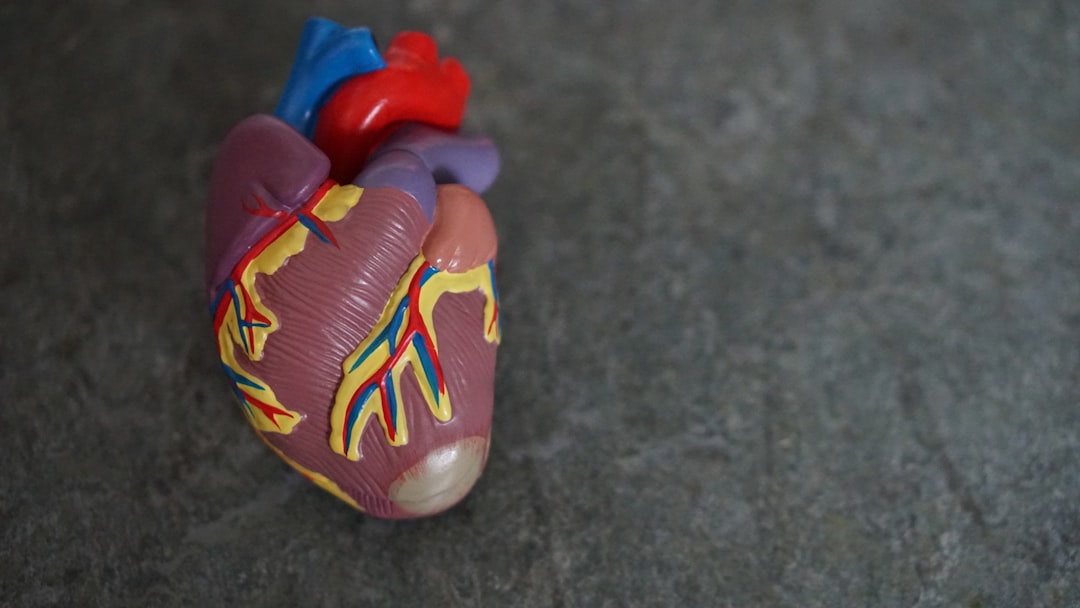What is it about?
We tested whether religious minority/majority status influenced perceptions of privilege among US Christians and atheists. We found that strength of religious (or non-religious) identification correlated with stronger outgroup prejudice among both Christians and atheists. White Christians, however, reported greater White racial identification and greater anti-Black bias than White atheists. White Christians also reported experiencing greater racial disadvantage than White atheists, who were more likely to deny experiencing racial disadvantages.
Featured Image

Photo by Patrick Fore on Unsplash
Why is it important?
To effectively address systems of oppression, it is important to understand how social identities overlap to provide some groups advantages over others. Our research suggests that dominant racial and religious identities are intersectional, and White Christians are more likely to value their racial identity, thus contributing to greater anti-Black attitudes.
Perspectives
We began this research by asking the question of why some White people are defensive against evidence of White racial privilege. This led us to consider the role of intersectional social identities and to theorize that dominant religious status might reinforce racial hierarchies. We hope this research will help others consider the ways that social identities can intersect to influence perceptions of pressing social issues.
Corey Cook
Pacific Lutheran University
Read the Original
This page is a summary of: Religious identity and intersectional privilege: (A)symmetric biases in Christians and atheists are unaffected by prompts to consider religious and racial privilege., Psychology of Religion and Spirituality, June 2022, American Psychological Association (APA),
DOI: 10.1037/rel0000477.
You can read the full text:
Contributors
The following have contributed to this page










